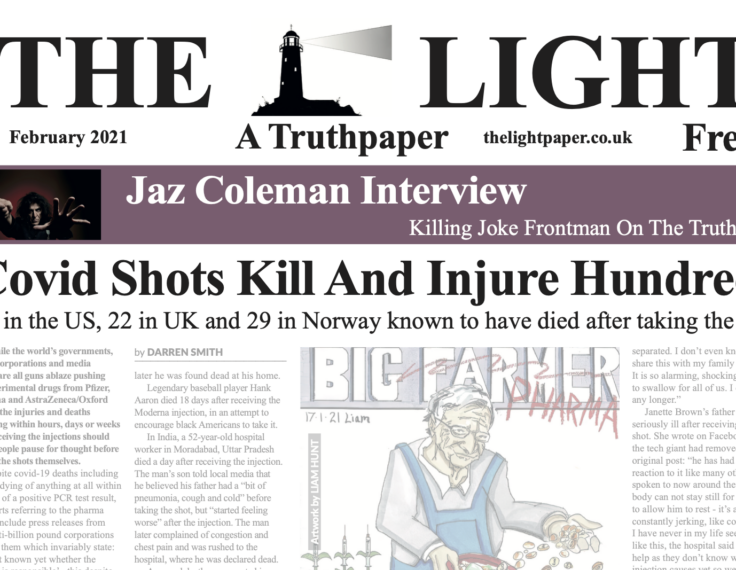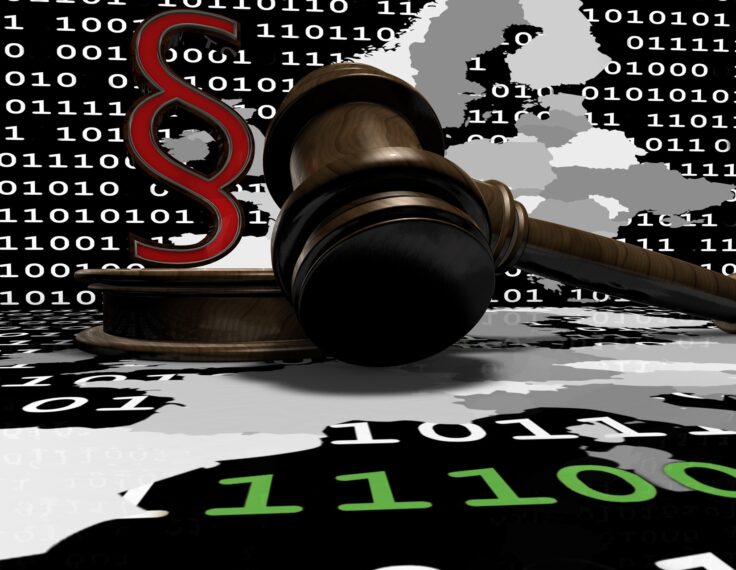Explore All Articles
All Articles
Article Topic

Conspiracy Theories
The impact of conspiracy belief on democratic culture: Evidence from Europe
Maik Herold
The spread of conspiracy theories is expected to have an increasing impact on the vitality of Western democracies and their political culture. Drawing on a 2022 survey from 10 European countries (with n = 20,449), this study uses narratives about immigration and COVID-19 to examine their relation to individual democratic attitudes and preferred forms of political participation.

Debunking and exposing misinformation among fringe communities: Testing source exposure and debunking anti-Ukrainian misinformation among German fringe communities
Johannes Christiern Santos Okholm, Amir Ebrahimi Fard and Marijn ten Thij
Through an online field experiment, we test traditional and novel counter-misinformation strategies among fringe communities. Though generally effective, traditional strategies have not been tested in fringe communities, and do not address the online infrastructure of misinformation sources supporting such consumption. Instead, we propose to activate source criticism by exposing sources’ unreliability.

Correcting campaign misinformation: Experimental evidence from a two-wave panel study
Laszlo Horvath, Daniel Stevens, Susan Banducci, Raluca Popp and Travis Coan
In this study, we used a two-wave panel and a real-world intervention during the 2017 UK general election to investigate whether fact-checking can reduce beliefs in an incorrect campaign claim, source effects, the duration of source effects, and how predispositions including political orientations and prior exposure condition them.

Ridiculing the “tinfoil hats:” Citizen responses to COVID-19 misinformation in the Danish facemask debate on Twitter
Nicklas Johansen, Sara Vera Marjanovic, Cathrine Valentin Kjaer, Rebekah Brita Baglini and Rebecca Adler-Nissen
We study how citizens engage with misinformation on Twitter in Denmark during the COVID-19 pandemic. We find that misinformation regarding facemasks is not corrected through counter-arguments or fact-checking. Instead, many tweets rejecting misinformation use humor to mock misinformation spreaders, whom they pejoratively label wearers of “tinfoil hats.”

Research note: Understanding offline Covid-19 conspiracy theories: A content analysis of The Light “truthpaper”
Rod Dacombe, Nicole Souter and Lumi Westerlund
This article explores the ways in which offline conspiracist material concerned with Covid-19 is presented and structured through a content analysis of The Light, a newspaper produced and distributed by activists in the U.K. Our analysis shows that conspiracy theories related to Covid-19 are included alongside a range of other, non-conspiracist content and that readers encounter these ideas in a format which closely resembles a conventional newspaper.

Self-regulation 2:0? A critical reflection of the European fight against disinformation
Ethan Shattock
In presenting the European Democracy Action Plan (EDAP) in 2020, the European Commission pledged to build more resilient democracies across the EU. As part of this plan, the Commission announced intensified measures to combat disinformation, both through the incoming Digital Services Act (DSA) and specific measures to address sponsored content online.
